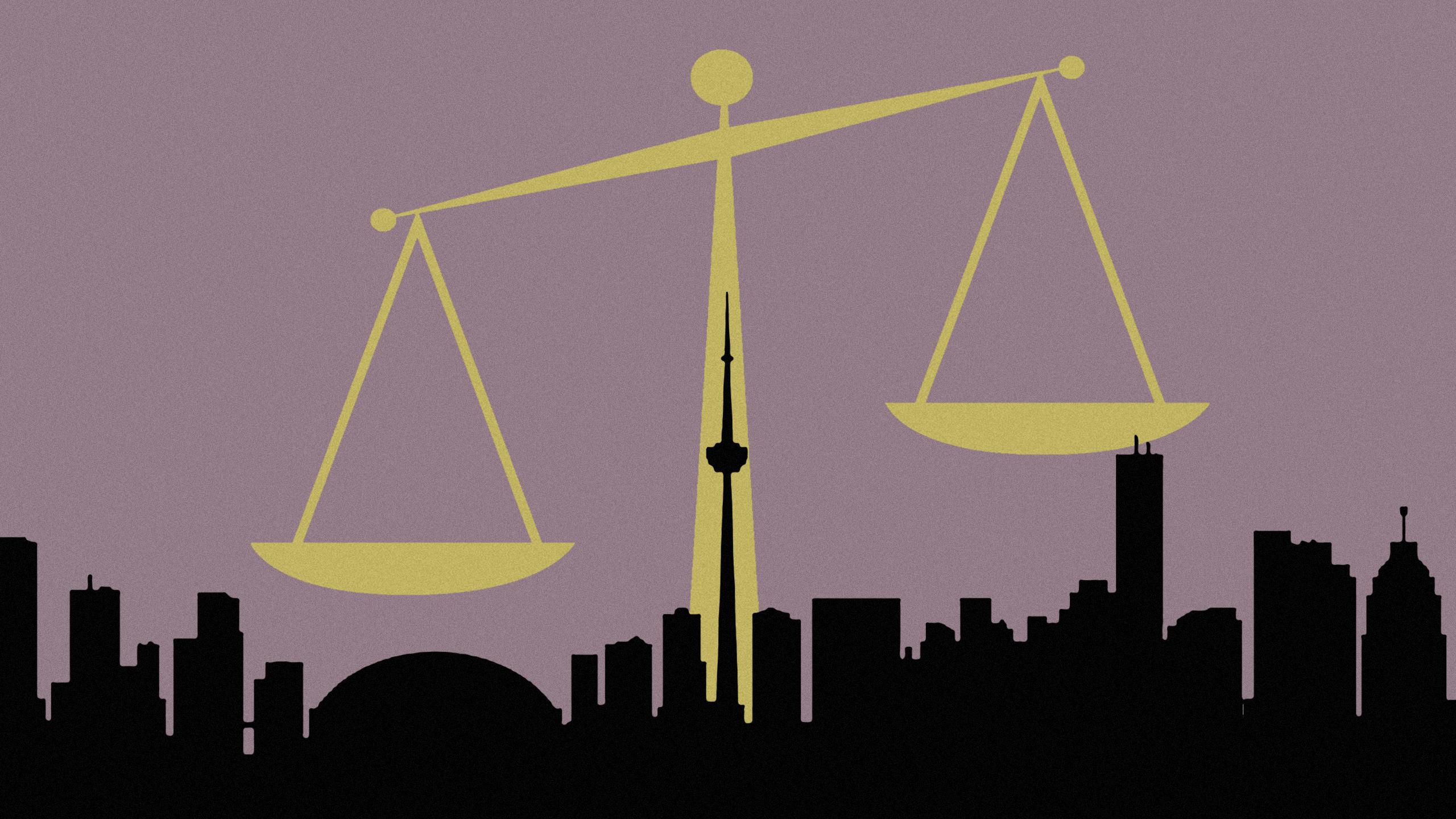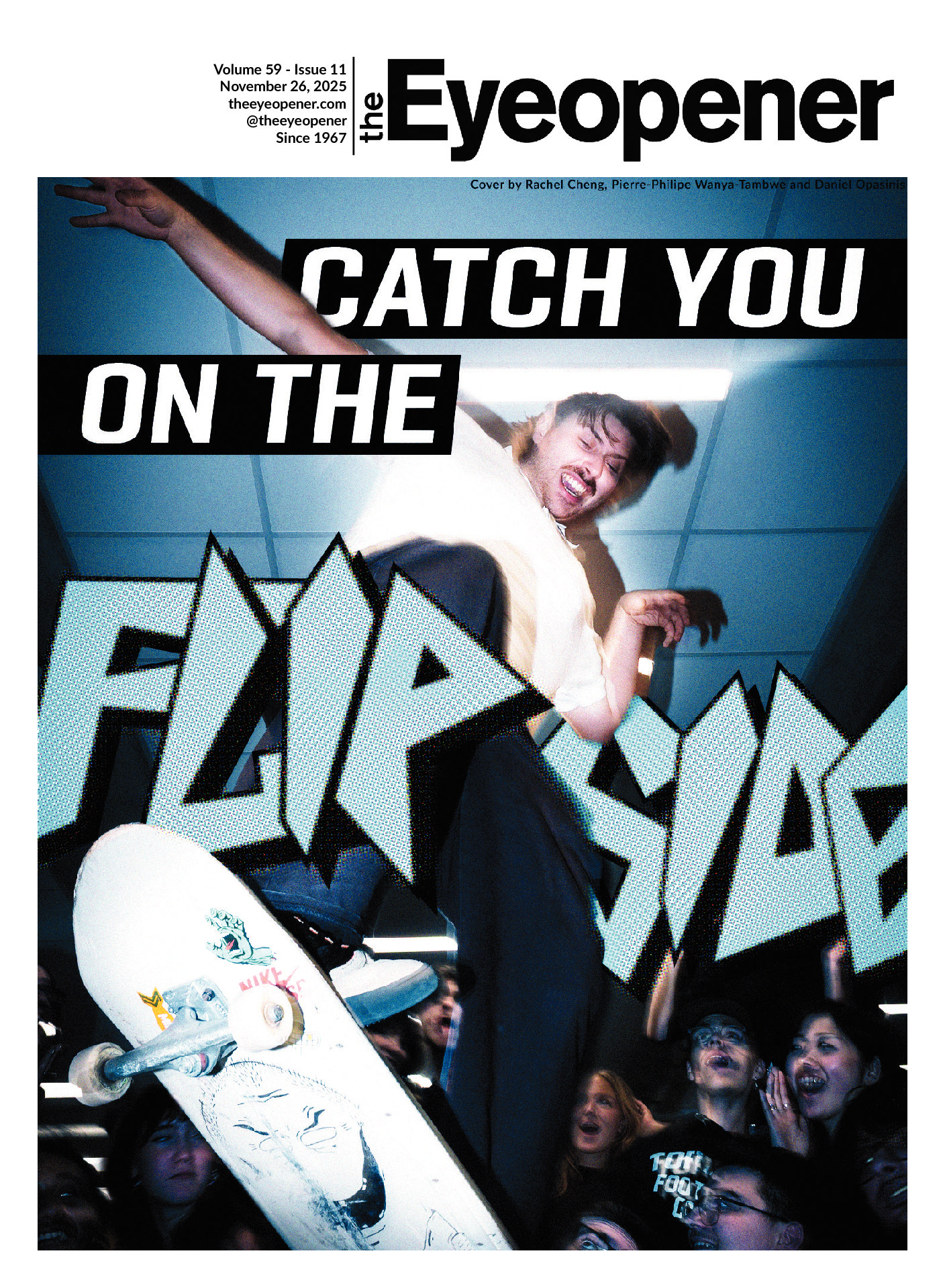By Rachel Ecker
When Danielle Butler started studying law at Western University, it wasn’t particularly diverse.
But when she first joined Blakes as a summer employee, a Bay Street law firm, she was surprised to be invited to the Black Law Students’ Association Conference.
“I had never heard of it. It didn’t exist at Western and it didn’t exist because there was like five of us…It was a pretty eye-opening experience to go,” Butler said at a panel hosted at Ryerson about diversity in the legal industry. To her, if law schools have a diverse range of students then employers have a diverse pool of candidates to pull from.
The event, held earlier in the semester, featured four professionals from Blake, Cassels & Graydon LLP—also known as Blakes. The event was hosted by Ryerson’s Law and Business Student Association. Butler is now an associate at the Blakes law firm.
In recent years, statistics have shown that the industry is slower in taking steps forward to be a more diverse and inclusive space for future lawyers. 19.3 per cent of lawyers in Ontario are racialized, while about 79.2 per cent are white, according to a 2016 report from The Law Society of Upper Canada.
Ryerson’s Law School has the potential to increase these numbers by the time the first set of lawyers enter the workforce.
Ryerson is scheduled to open a law school starting in the fall semester of 2020, and the discussion of diversity and inclusion is an ongoing conversation as it comes around.
According to Dr. Anver Saloojee, a professor in Ryerson’s department of politics and public administration in a law magazine article, Ryerson’s Faculty of Law is built on four pillars: “a commitment to equity, diversity and inclusion, increasing access to justice, stimulating innovation and entrepreneurship, and providing sound academics with innovation pedagogy.”
While applying, potential students must provide the essential requirements such as a transcript from all post-secondary studies, their LSAT scores, personal statements and reference letters. The application also includes an autobiographical sketch, resumé and online interview to give each applicant an opportunity to show as much of themselves during the admissions process.
The Faculty of Law did not respond to The Eye’s inquiry on its diversity initiatives in time for publication. Indigenous Law in Canada is listed as one of the subjects in the second semester of the curriculum, according to the site.
The Faculty of Law admission committee takes into account: post-secondary studies, LSAT score, a personal statement, a reference letter, a resumé and an online interview.
The scholarships listed on Ryerson’s law school website include scholarships for full-time Indigenous students, first-generation students with high academic standing and a scholarship for students from historically disadvantaged groups.











Leave a Reply